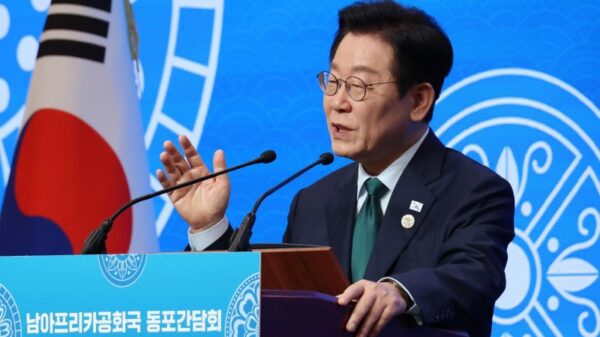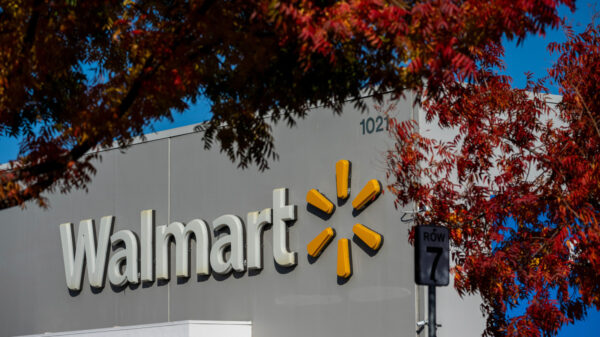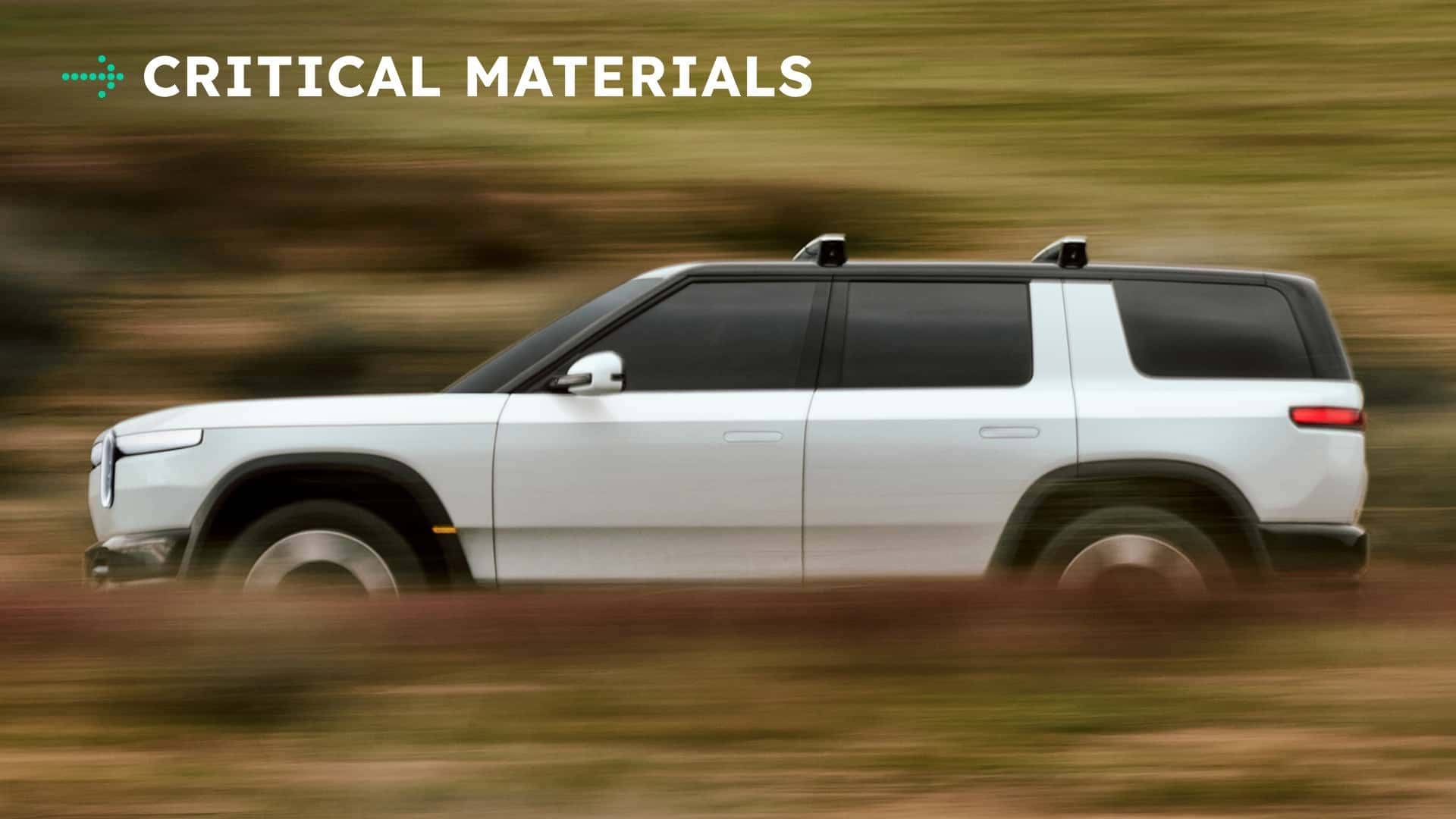The electric vehicle (EV) market is facing significant challenges as the expiration of the federal EV tax credit looms. The $7,500 incentive, which has been a critical lifeline for many emerging brands, will come to an end on September 30, 2023. This change is expected to have a profound impact on startups such as Rivian, Lucid, and Slate Auto, forcing them to compete against established automakers who possess greater financial stability.
Startups like Rivian and Lucid have heavily invested in their growth, relying on the tax credit to attract consumers to their electric offerings. Without this incentive, Rivian anticipates a sales decline of between 11% and 23% this year. The company sold 51,579 vehicles in the previous year, indicating that this dip could have significant repercussions for their business model. Meanwhile, Lucid is hopeful about doubling production, although most of its vehicles do not qualify for the tax credit.
As competition intensifies, the landscape will shift dramatically. According to Karl Brauer, an executive analyst at iSeeCars, the elimination of the tax credit could lead to a substantial decrease in overall EV sales, potentially dropping from 8% to 4% or 5% of total vehicle sales. This shift will test the resilience of newer brands that have yet to establish a loyal customer base.
Established Brands Adapt to Changing Market Dynamics
In light of the changing environment, established automakers like Hyundai and Kia are recalibrating their strategies to focus on the European market. The two companies have invested heavily in new EV technologies and production facilities in the U.S. to qualify for the now-disappearing tax credit. With this incentive fading, they are redirecting their efforts towards Europe, where the demand for electric vehicles remains strong.
The Korea Times reports that Hyundai sees Europe as a critical market for its EV expansion. The shift reflects a broader trend where foreign automakers are pivoting from the U.S. market due to less favorable policies regarding EV incentives. The current U.S. approach prioritizes traditional vehicle production, leaving many international brands to seek growth opportunities elsewhere.
The transition to Europe may be a wake-up call for American consumers, as manufacturers are no longer waiting on federal policies to incentivize EV purchases. With tariffs and reduced incentives, the landscape for affordable electric cars in the U.S. could become increasingly bleak.
Tesla’s Diner Sparks Local Controversy
In an unrelated development, Tesla’s new diner in Hollywood is facing backlash from nearby residents. The diner, which features car-hop service and Superchargers, has been described by neighbors as “absolute hell.” Residents have reported disturbances from construction noise and traffic congestion, with some even moving away due to the impact on their quality of life.
A former resident, Kristin Rose, expressed frustration over the construction activities that began in 2023, stating that crews worked long hours, often exceeding permitted times. Complaints have also surfaced regarding the diner’s loud ambiance, with honking vehicles contributing to the chaos.
As Tesla expands its footprint with such ventures, the implications for local communities may become a more pressing issue, particularly if similar establishments emerge in other urban areas.
The EV market is at a pivotal juncture, balancing innovation and sustainability against economic viability. As the tax credit fades, it will become clearer which brands can thrive independently and which may falter in a more competitive landscape.








































































